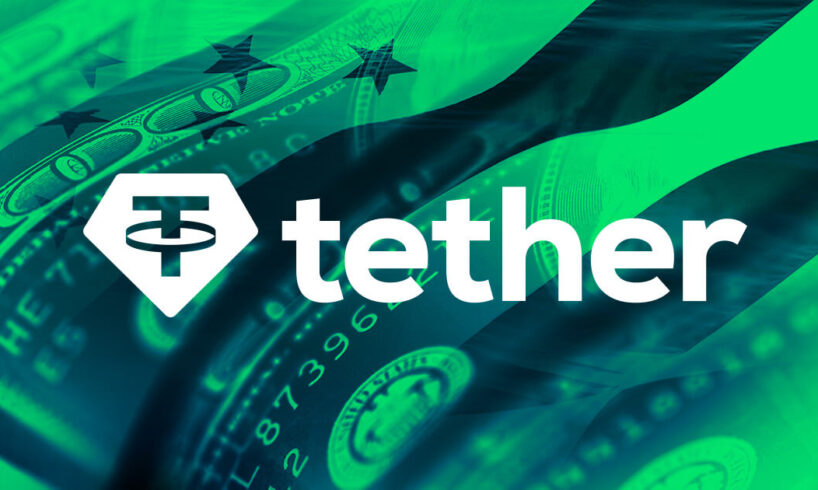
Paolo Ardoino, CEO of Tether, has responded to Ripple CEO Brad Garlinghouse‘s claims that the US government was targeting the company, the issuer of the largest stablecoin USDt.
During the weekend, reports emerged that Garlinghouse had suggested that a US government’s scrutiny of Tether could significantly affect the crypto industry. Garlinghouse said:
“The US Government is going after Tether. That is clear to me. I view Tether as a very important part of the ecosystem and I don’t know how to predict the impact it would have on the rest of the ecosystem.”
Tether’s response
In an extensive May 13 social media post, Ardoino dispelled concerns about potential regulatory action against Tether and accused Garlinghouse of sowing “fear about USDT.” He said:
“An uniformed CEO, leading a company being investigated by the SEC, launching a competitive stablecoin (cui prodest), is being reported spreading fear about USDt.”
Ardoino asserted that Tether’s ecosystem remains robust and secure, emphasizing its price stability, ample liquid reserves, top-tier custodianship, and rigorous compliance measures. He added:
“USDt is the most used stablecoin in the world, with hundreds of millions of users across primarily emerging markets and developing countries. Entire communities across these regions are unbanked, left behind by the traditional banking system because they are too poor to be of interest, and are using USDt daily as their checking and saving account.”
Furthermore, the Tether CEO enumerated various factors contributing to USDt’s compliance and adoption worldwide.
Ardoino disclosed that Tether has voluntarily honored 198 requests from law enforcement agencies to freeze wallets in the past year, 90 of which originated from the US. Over the last three years, Tether has complied with 339 such requests, with 158 coming from US law enforcement.
Moreover, he pointed out that the firm has collaborated with 124 law enforcement agencies across more than 40 countries and has frozen over $1.3 billion in assets associated with fraudulent activities, hacks, and money laundering.
Notably, a significant portion—over $639 million—was blocked in collaboration with US law enforcement agencies.
Ardoino concluded his statement by saying:
“Tether cooperates directly with law enforcement agencies, while other stablecoins, although they claim to be “more compliant” they require a judge order, allowing hackers, scammers and criminals a long time to move funds around.”
Mentioned in this articlePosted In: Tether, Stablecoins
Source















